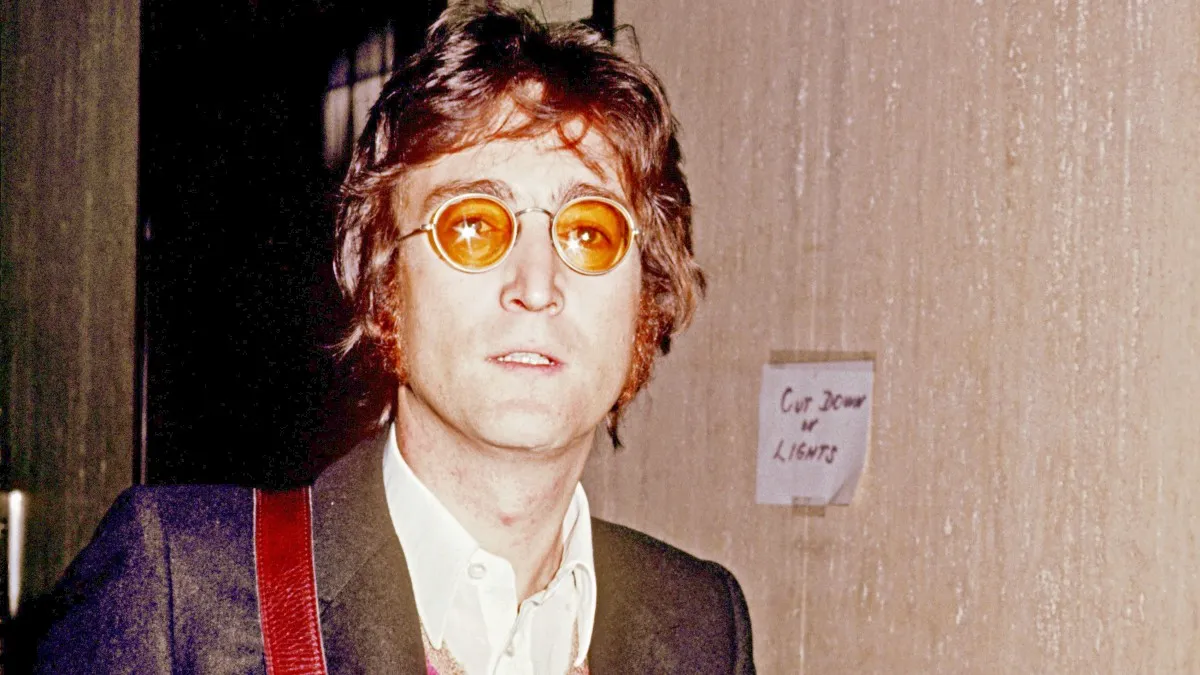
At his sentencing hearing on Aug. 24, 1981, shortly before being sent to prison for what would likely be the rest of his life, Mark David Chapman was asked if he had anything to say in his own defense after having been found guilty of murdering John Lennon some nine months earlier. In response, he read the following:
Recommended Videos“I keep picturing all these little kids playing some game in this big field of rye and all. Thousands of little kids, and nobody’s around – nobody big, I mean – except me. And I’m standing on the edge of some crazy cliff. What I have to do, I have to catch everybody if they start to go over the cliff – I mean if they’re running and they don’t look where they’re going I have to come out from somewhere and catch them. That’s all I do all day. I’d just be the catcher in the rye and all.”
The Catcher in the Rye, J.D. SalingerClearly, J.D. Salinger’s book, which Chapman had been introduced to on a friend’s recommendation years earlier, had a profound effect on the former security guard-turned-assassin. To say that Chapman loved The Catcher in the Rye would be a wild understatement — he was carrying a copy of the book when he was arrested outside of the Dakota apartment building on Manhattan’s Upper West Side the night that he put four bullets in Lennon’s back, and would later tell interviewers that he’d only committed the heinous act as a way of providing publicity for the book (though his reasons for killing Lennon have oscillated wildly in the years since the attack).
How did The Catcher in the Rye factor into John Lennon’s death?
While the details are shrouded in decades of mental health struggles, one thing is clear: Salinger’s story of an ostracized failure and his disgust with hypocrisy resonated deeply with Chapman. The book’s protagonist, Holden Caulfield, makes it his personal mission to punish “phonies,” and Chapman felt inspired to do the same.
Chapman categorized Lennon as one such “phony” on the grounds that his song “Imagine” purported to inspire his followers to transcend material needs and “imagine no possessions,” which Chapman clocked as hypocritical. Lennon, he reasoned, was wealthy beyond most people’s wildest dreams, living a life of luxury thanks to the money that his unthinking fans had provided for him. This, Chapman reasoned, would not stand. He’s since explained his actions in different ways, claiming that he might have been happy murdering anyone famous, including Elizabeth Taylor or David Bowie.
It would be overly simplistic to say that The Catcher in the Rye was the reason that Chapman killed Lennon. He had battled mental illness for some time, and fallen into fundamentalist religious beliefs which saw him enraged with Lennon’s assertion that the Beatles were bigger than Jesus. But the story of Holden Caulfield hit the right nerve at the right time for one unstable young man, blurring the line between fantasy and reality and inspiring a nightmarish crime in the pursuit of being more like a fictional man who never existed.
ncG1vNJzZmivlZy8tcDHoqqcp6aav6awjZympmeTmrmmrtGiq6Kdo2TEqa3TZqmopJVisaqwjK2fnmWTlsGktMSrZKKmXam1pnnRspxmqJyWxm61zWahqKCeYrmmus2opaxllJqutbSO